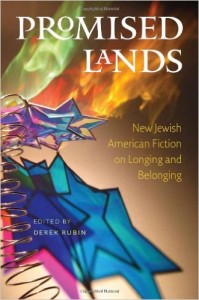Don’t snarl at people who tell you that all publicity is good publicity. Later in life (and your career) you’ll want some friends.
Don’t text everyone you know that the reviewer is an absolute moron who deserves nothing but Ebola. Why? Most people likely won’t know about the review until you mention it.
Don’t make snarky tweets or Facebook posts about this reviewer, because your bitterness won’t wreak revenge, it’ll end up as an unflattering hashtag about you like #authorbeyotch.
Don’t look up all the other reviews this person has done (especially of your friends’ books) to see if yours is the worst, or otherwise push the dagger in any further.
Don’t contact the reviewer or the publication the review appeared in to complain. Nothing you say will help. Your nemesis will always get the last word.
Do get revenge by inflicting whatever bodily harm on the reviewer you want to in fiction. If you’re not up to it, find a crime writer who is, pay whatever it costs and move on.
Do try to remember that bad reviews are the price of being an author, like losing an editor, hating your book cover, nobody showing up to your book signing, and strangers asking you if you know Stephen King.
Do spend some time re-reading your good reviews if you can’t let go of the bad one, and remind yourself that not everyone is as blind, lacking in taste, or mentally deficient as that reviewer.
Do go out and have whatever fun will distract you most, or sit down and write something terrific because you know you can. The Romans didn’t say it, but they should have: ars longa, censor brevis. Art lasts a long time. Reviewers? Not so much.
Do have someone you trust examine the review dispassionately just in case the reviewer might have possibly stumbled on something remotely helpful to you in your craft. Then have this person write it down, put it in a bottle, seal the bottle carefully and throw it into the nearest body of water.



